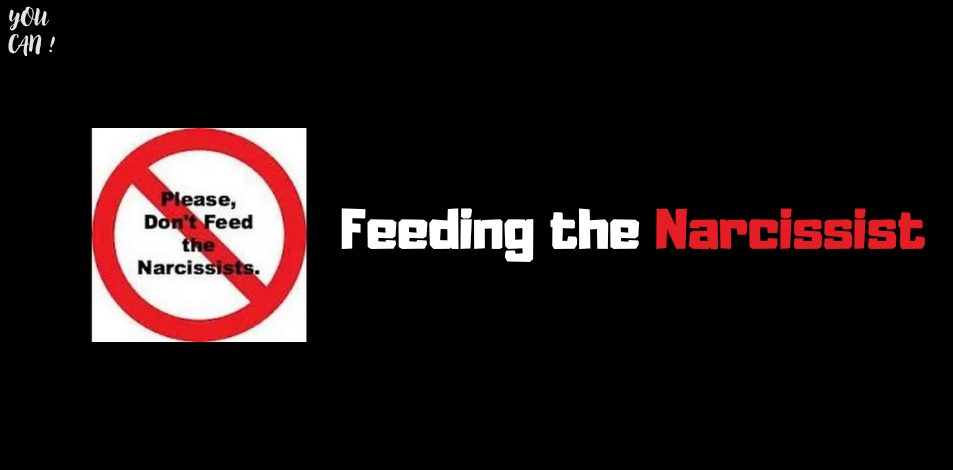
We all know people who need constant attention and affirmation—so much so that supporting and supporting them can feel like a second job.
Take Michelle’s boss, for example. After every client meeting, she stops to chat—and makes exaggerated comments. “Did you see their faces? They loved my presentation!” After a million fist bumps, Michelle can barely take it.
Things aren’t much easier with her sister, Lori. While Lori doesn’t seek out praise for her work performance, she does need to be told that she looks slim, pretty, and toned, multiple times a day. Michelle is tired of the affirming comments—they don’t make a difference, after all—but she doesn’t know what to do to calm her sister down.
If all that weren’t enough, Michelle has a group of unfriendly preschool moms to deal with. Whenever she goes to school, they all ignore her. Michelle feels invisible unless she approaches them and cracks a joke or compliments them. “It takes a lot of work to please these people,” she sighs.
What Michelle’s boss, her sister, and the women in the elementary school have in common is that they all suffer from narcissism, a condition characterized by underlying fragility, feelings of being damaged and broken, and a constant need for “feeding” from the outside.
No one is talking about restaurant food here. What narcissists really need is what psychologists call “emotional supplies.” People who feel inadequate or empty are everywhere—and they suffer greatly. Most of them spend their days trying to support themselves, maintain their self-esteem, and muster enough external emotional support to get through the day without feeling like they’re going to fall apart. This self-focus and preoccupation is what makes narcissists appear selfish, even arrogant.
But appearances don’t tell the whole story. What appears to be a bravado or a bravado often masks an underlying sense of insecurity. And that’s the case with Michelle’s boss, who deep down feels like a fake. She is convinced that she has no talents or abilities, she is afraid that her recent promotion was a mistake, and she is afraid that she will be exposed and fired from her job. This is where Michelle comes in – she is always there to provide constant affirmation in the form of a pat on the back, which feeds her fragile ego.
Similarly, Lori, to whom Michelle acts as a go-to person, turns to her whenever she needs support, reassurance, or positive feedback. Lori calls her whenever she wants—any time of day (and sometimes night). And while they don’t seem to be looking for her—not that they seem to be—some of the women Michelle meets at her daughter’s school also require constant stretching and expect compliments before they can be polite. With so many people needing her support and attention on a daily basis, Michelle often feels overwhelmed and exhausted by the effort she has to make everyone feel good—on top of raising three kids and caring for her husband. After the thousandth discussion about her boss’s brilliance and her sister’s hair, Michelle recently felt her blood boil. When Lori called to ask what she was wearing on her date that night—was the catsuit “hot enough?”—Michelle exploded. “Why do you keep calling me, begging for compliments?” The sisters haven’t spoken since. In therapy, Michelle worked to identify a lifelong pattern of self-defeating, one-sided relationships: Believing it’s her responsibility to make those around her feel good, she bends over backwards to be available and provide gratification 24/7.
After some good work on her need to please others, Michelle decided to stop “feeding” the narcissists in her life. Although her boss and sister were initially offended by her refusal to dole out constant props and support for their fragile self-esteem, they eventually sought attention from others in their orbits, as did the women at Michelle’s daughter’s preschool.
There’s a little Michelle in all of us. So how do you know if you’re trapped in a perpetual cycle of narcissistic feeding, where every compliment or push just begets another request for supply and “feeding?” “If you notice that you feel resentful every time you see someone’s name on caller ID, that’s your first clue that something is wrong in the relationship,” says Valerie Golden, Ph.D., a clinical psychologist in Minneapolis, Minnesota. “Ask yourself if your interactions with this person share a common pattern. If so, consider whether you’re doing all the emotional work.”
Relationships should be equal; one person shouldn’t be trying to meet the other’s every need—except their own wants and aspirations. Once you’ve identified a pattern of unequal behavior in the relationship, find ways to restore a healthy balance. “Setting boundaries is crucial,” says Golden.
Define your boundaries, and don’t be shy about sticking to them. If you can’t take personal calls at work, say so. If you need childcare in the evening and can’t offer advice to a lonely friend or anxious sibling, be clear. Once you make your needs and goals known—and unequivocally—you’ll feel less resentful, and the relationship will move forward at a more equal pace.




